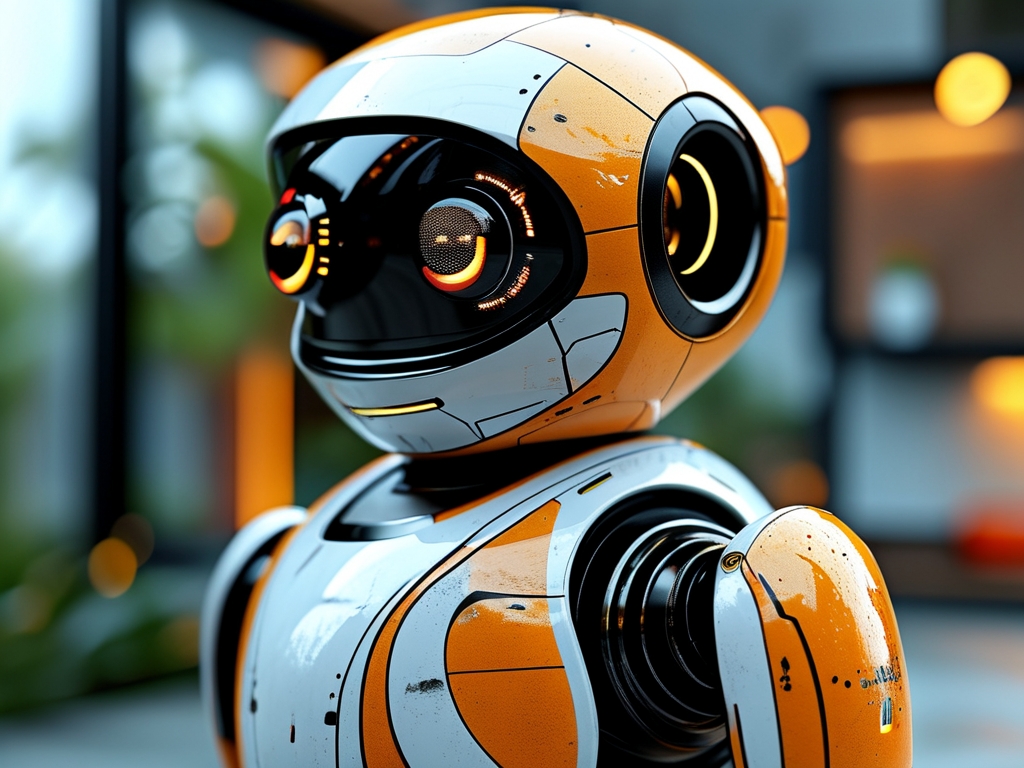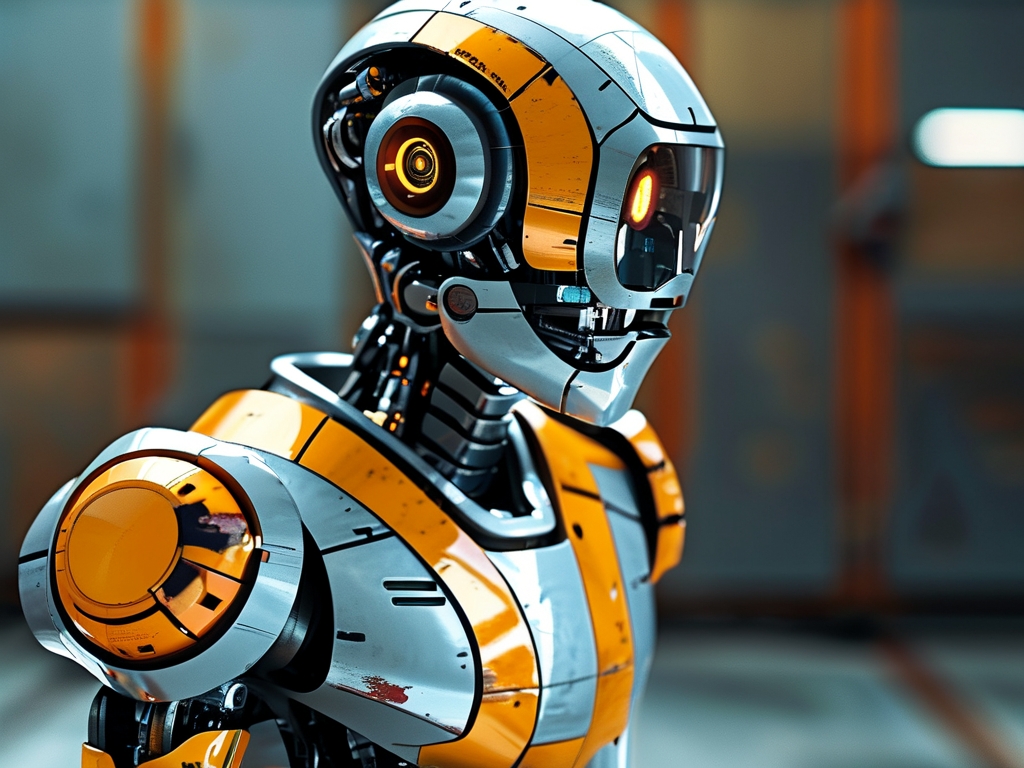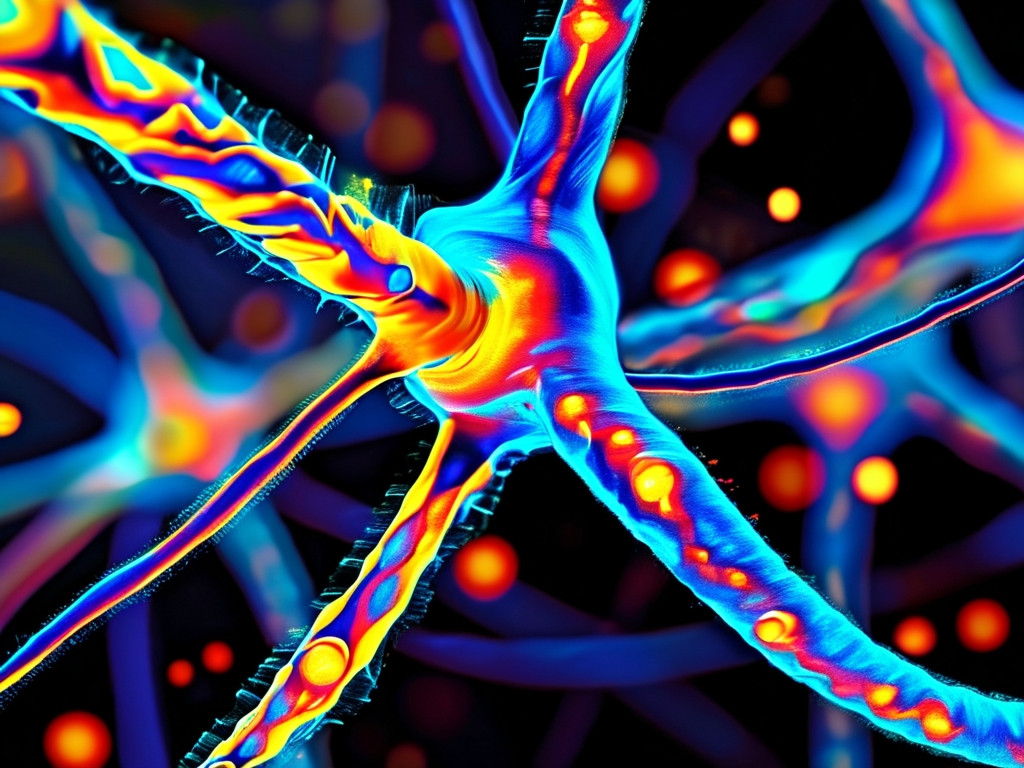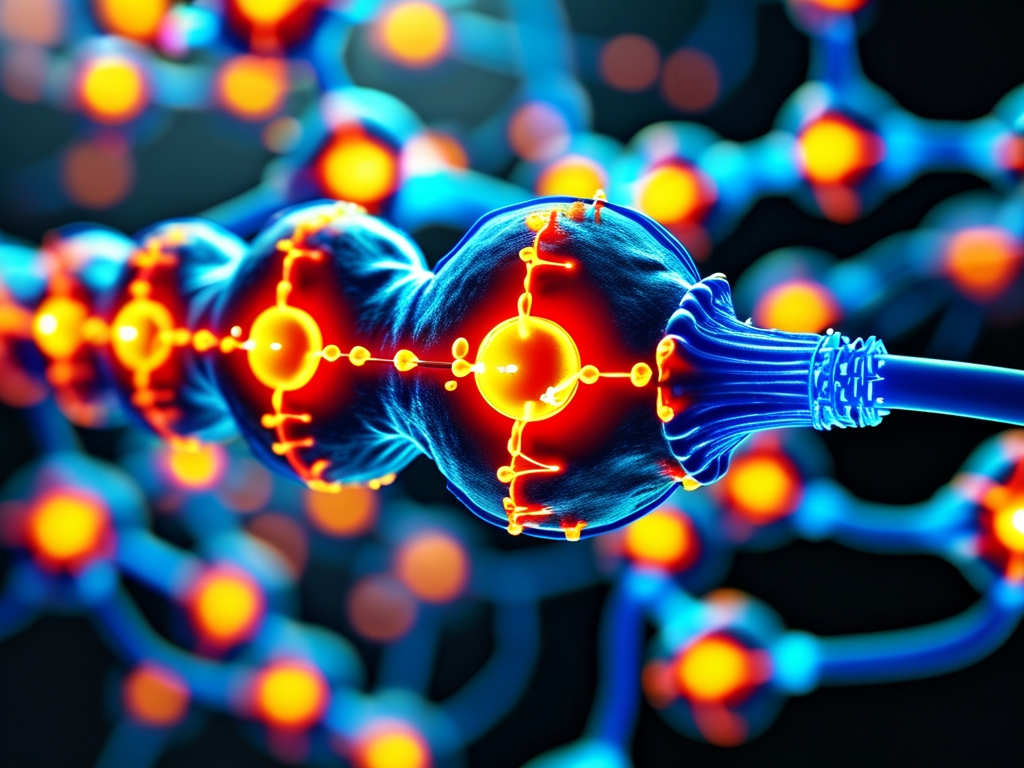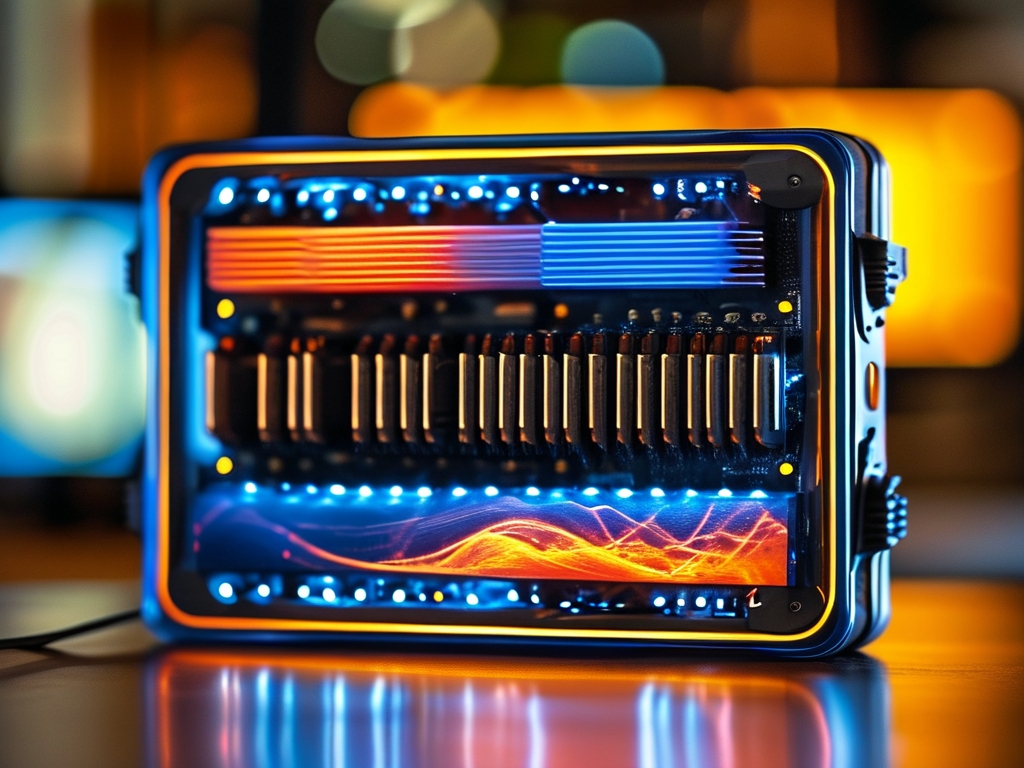The advent of intelligent robotics has ushered in a new era of technological innovation, reshaping industries, enhancing productivity, and redefining human-machine interactions. From manufacturing floors to healthcare facilities, and even within our homes, intelligent robots are no longer confined to science fiction—they are tangible, transformative tools driving progress. This article explores the evolution of intelligent robotics, its applications across sectors, ethical considerations, and the future trajectory of this groundbreaking technology.
Defining Intelligent Robotics
Intelligent robotics refers to machines equipped with advanced sensors, artificial intelligence (AI), and machine learning (ML) algorithms that enable them to perceive environments, make decisions, and perform tasks autonomously or semi-autonomously. Unlike traditional robots programmed for repetitive actions, intelligent robots adapt to dynamic conditions, learn from experiences, and collaborate with humans. Key components include:
- Sensory Systems: Cameras, LiDAR, and tactile sensors for real-time data collection.
- AI/ML Integration: Algorithms for pattern recognition, predictive analytics, and decision-making.
- Human-Robot Interaction (HRI): Natural language processing (NLP) and gesture recognition for seamless communication.
Industry Applications
-
Manufacturing and Logistics
Intelligent robots dominate modern factories, performing tasks like assembly, quality control, and packaging with precision. Collaborative robots (cobots) work alongside humans, enhancing efficiency while reducing physical strain. Companies like Amazon deploy autonomous mobile robots (AMRs) in warehouses to optimize inventory management and delivery timelines.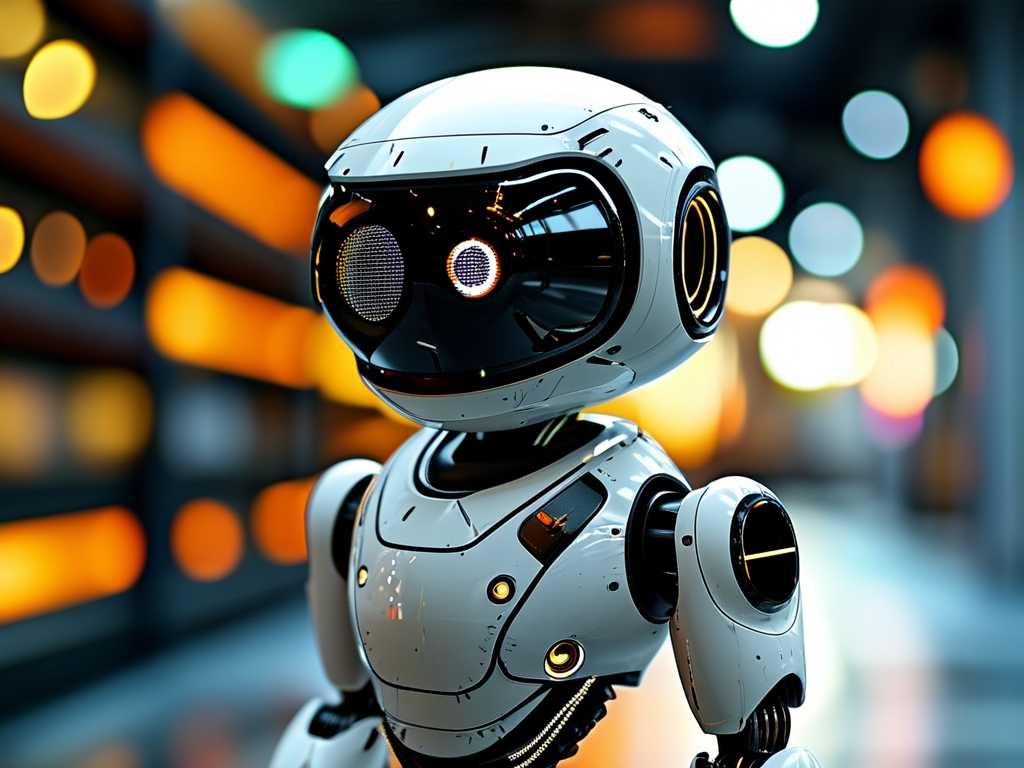
-
Healthcare
Surgical robots, such as the da Vinci system, enable minimally invasive procedures with sub-millimeter accuracy. AI-powered diagnostic robots analyze medical imaging faster than human specialists, while assistive robots aid in patient rehabilitation and elderly care. During the COVID-19 pandemic, disinfection robots and telepresence machines minimized infection risks in hospitals. -
Agriculture
Agricultural robots automate planting, harvesting, and crop monitoring. Drones equipped with multispectral cameras assess soil health, while AI-driven tractors optimize resource usage. These innovations address labor shortages and promote sustainable farming practices. -
Retail and Hospitality
Intelligent robots enhance customer experiences through personalized services. Retail bots guide shoppers, manage inventory, and process payments. Hotels employ concierge robots for check-ins and room service, streamlining operations and reducing human error.
Everyday Life Integration
Beyond industries, intelligent robotics permeates daily life:
- Home Automation: Vacuuming robots like Roomba and lawn-mowing bots simplify household chores.
- Education: Educational robots teach coding and STEM concepts to children, fostering early interest in technology.
- Personal Companionship: Social robots like Sony’s Aibo or SoftBank’s Pepper provide emotional support, particularly for isolated individuals.
Ethical and Societal Challenges
Despite their benefits, intelligent robots raise critical questions:
- Job Displacement: Automation threatens low-skilled jobs, necessitating workforce reskilling initiatives.
- Privacy Concerns: Robots collecting personal data risk misuse or breaches.
- Bias in AI: Training datasets may perpetuate societal biases, leading to unfair decision-making.
- Autonomy vs. Control: How much decision-making power should robots have in life-or-death scenarios (e.g., self-driving cars)?
Governments and organizations are developing frameworks to address these issues. The European Union’s AI Act and IEEE’s ethical guidelines emphasize transparency, accountability, and human oversight.
The Future of Intelligent Robotics
Emerging trends suggest a future where robots become even more integrated into society:
- General-Purpose Robots: Machines capable of performing multiple tasks across domains, reducing reliance on specialized systems.
- Swarm Robotics: Coordinated fleets of robots working collectively, such as disaster response teams or construction crews.
- Brain-Computer Interfaces (BCIs): Direct neural communication between humans and robots for enhanced collaboration.
- Quantum Computing: Accelerating AI processing speeds to solve complex problems in real time.
Intelligent robotics is not merely a technological leap—it is a paradigm shift in how we live and work. By balancing innovation with ethical responsibility, society can harness this technology to solve global challenges, improve quality of life, and unlock unprecedented opportunities. As we stand on the brink of a robotic revolution, one truth remains clear: the future belongs to those who embrace intelligent machines as partners, not replacements, in the human story.
